Dr. Le Quoc Viet - Deputy Dean of the Faculty of Pharmacy, Head of the Department of Pharmaceutical Technology and Pharmaceutical Management, Ton Duc Thang University is one of the top 20 candidates for the Golden Globe Science and Technology Award 2025.
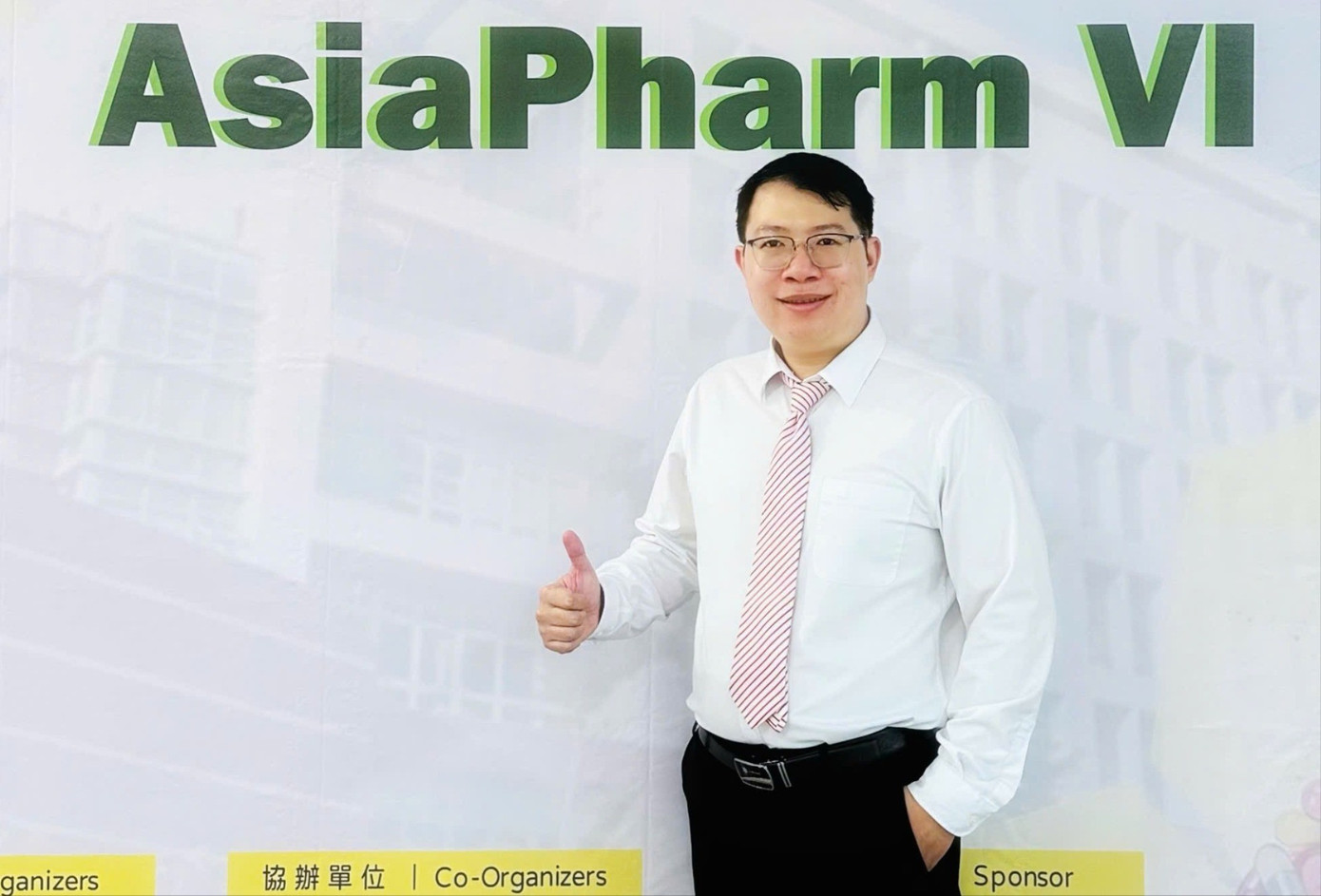
Dr. Le Quoc Viet - Deputy Dean of Faculty of Pharmacy, Head of Department of Pharmaceutical Technology and Pharmaceutical Management, Ton Duc Thang University.
Walk on failures
Witnessing her suffering from cancer and many side effects from chemotherapy such as hair loss, vomiting and not being able to eat, he sympathized with the patient's feeling of helplessness when having to endure not only cancer but also the treatment drugs.
He wondered why current cancer drugs have so many side effects? To answer that question, the young doctor spent his youth pursuing the path of drug development in the hope of creating more effective treatments with fewer side effects. And the young doctor's chance to enter the pharmaceutical industry originated from his grandmother.
After graduating from the Faculty of Pharmacy, University of Medicine and Pharmacy, Ho Chi Minh City, Mr. Viet received a full scholarship for the combined master's and doctoral program at the School of Pharmacy, Seoul National University, Korea.
During his research, he realized that to develop a new drug, not only a formulation is needed, but also a close combination of advanced theoretical and experimental knowledge from many interdisciplinary fields such as organic chemistry, biotechnology, molecular biology, cell biology, pharmacology and pharmacokinetics...
The first 1-2 years in Korea were like "walking in the fog" for him, because the amount of knowledge and a series of new techniques took up all his energy and mind, and every experiment… failed.
“The feeling of failing many times made me doubt my own abilities. I wondered if I was really good enough and patient enough to continue on this path when all my efforts and attempts led to failure,” Dr. Viet recalled.
When his motivation returned to zero and he wanted to return home, the young doctor thought of his grandmother to learn how to be more patient and calm before making each risky decision. And then, there was an experiment that failed so memorable that when he thinks back on it now, he still smiles.
“I failed many times, spending a whole year cultivating immune cells isolated from mouse bone marrow but without success. Without these cells, I could not continue with the next experiments.
A year later, I suddenly tried again and luckily succeeded. That was proof, a big turning point in my research direction, from which I could continue to test and screen the effectiveness and impact of the research drugs," he said.
Now thinking back, if he had given up that day, he might have lost an interesting research direction. Therefore, Mr. Viet concluded that failure sometimes is not because of incompetence, but simply because he has not accumulated enough experience.
There are experiences that books never teach, only trial and error, and reflection from your own failures can help you grow. Each failure, if learned from and found a different path, is an indispensable part of the journey of science.
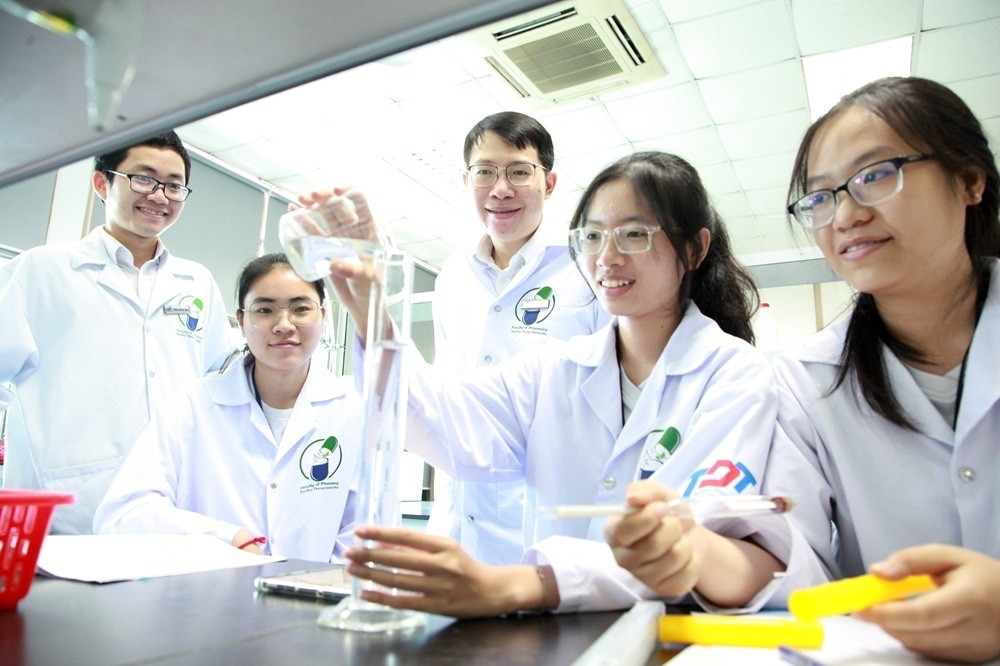
Dr. Le Quoc Viet guides students in experimental practice.
Research on "vaccine system" utilizing intrinsic cancer antigens
According to Dr. Le Quoc Viet, currently, nano drug delivery systems are being strongly researched in disease treatment, with many materials from organic to inorganic being applied to synthesize nano systems that have the ability to target and reduce drug side effects.
However, the major limitation of these nanomaterials is the risk of long-term accumulation in the body, while there have not been many comprehensive studies on safety and toxicity. Therefore, despite achieving high treatment efficiency in trials, many studies still face barriers when considering clinical application.
From that reality, he chose a different direction, focusing on natural materials or biocompatible, easily degradable materials, to develop safer drug delivery nanosystems that have the potential to be approved in clinical trials.
His main research direction has been combining nanosystems with immunotherapy, taking advantage of the ability to activate the immune system to selectively attack cancer cells. This approach helps increase treatment effectiveness while reducing the severe side effects often seen in traditional chemotherapy.
Typically, he has researched and developed a multifunctional nano drug delivery system that can selectively adhere to tumor cells. The immunostimulant carried by the nano system will attract and activate immune cells at the tumor site, acting as a vaccine system that utilizes intrinsic cancer antigens.
This combination therapy not only helps to tackle the primary tumor, but also promotes the immune system to detect activity more effectively, inhibiting and preventing tumor recurrence.
“Currently, I am continuing to develop nano systems from biological materials and adjuvants, using different preparation techniques and surface modification techniques to increase the effectiveness of vaccines in cancer treatment,” said Mr. Viet.
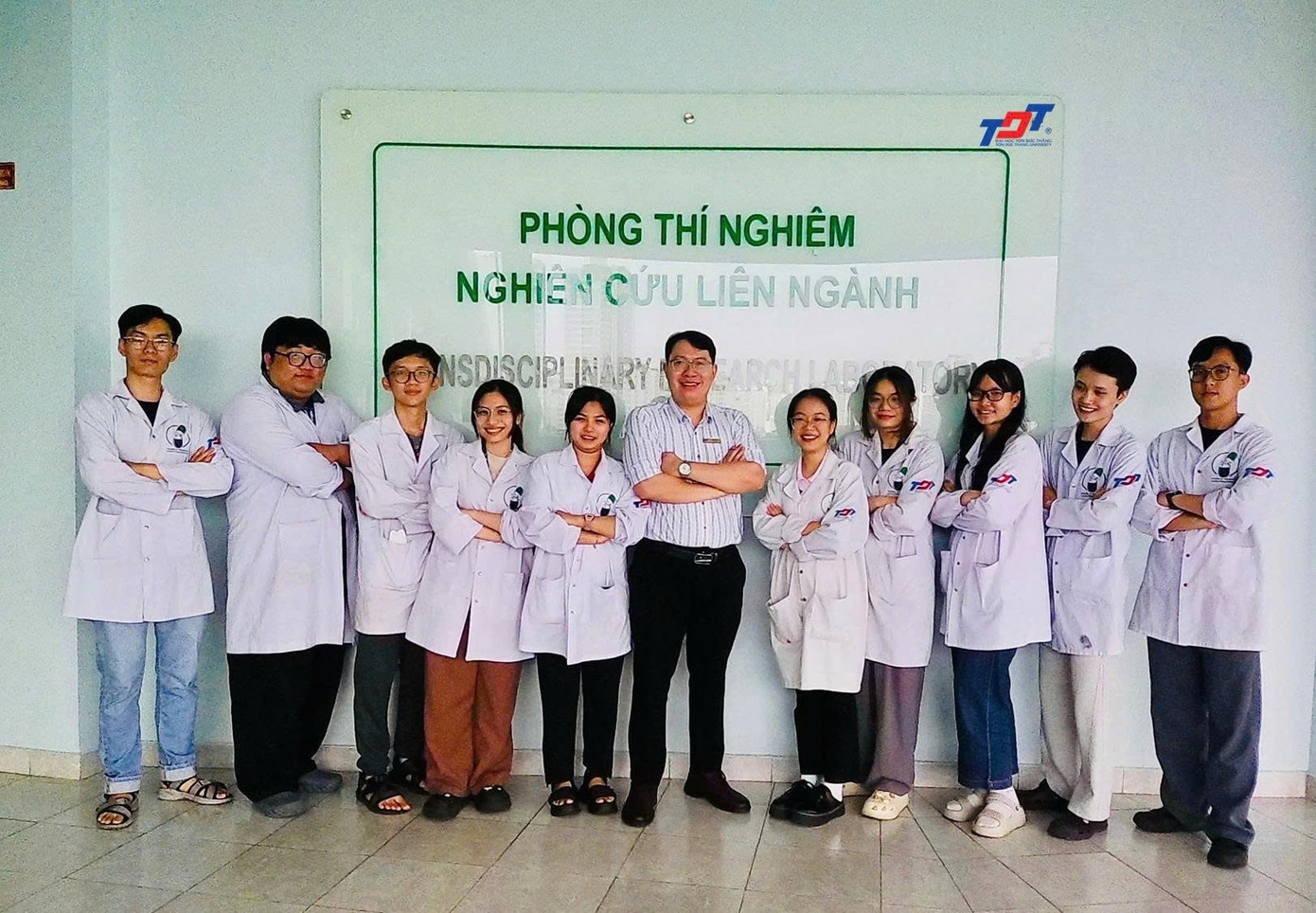
"If I compare research work to a sport , I think it's like mountain climbing. The higher I go, the steeper and more challenging the road becomes, but every time I stop at a rest stop and look down at the journey I've made, I feel joy and pride for having conquered another big turning point," Dr. Le Quoc Viet.
Dr. Le Quoc Viet has published 31 international articles in the ISI list (26 Q1 articles, 5 Q2 articles, many of which were published in prestigious journals such as ACS nano, Advanced Materials, Advanced Functional Materials, Biomaterials, Nature communication...), 3 Korean patents, and 2 technology transfer products for companies in Vietnam.
His research focuses on developing new biological materials in nanomedicine formulation; developing nanomedicine delivery systems for cancer treatment; evaluating the activity of nanomedicine systems on the immune system; applying nanomedicine technology in developing new generation vaccines...
Source: https://tienphong.vn/tien-si-tre-voi-trien-vong-ve-thuoc-chong-ung-thu-post1780248.tpo









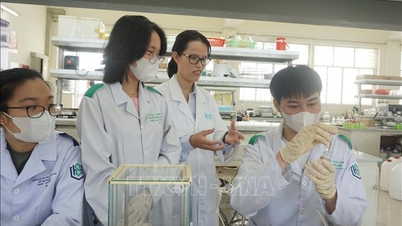

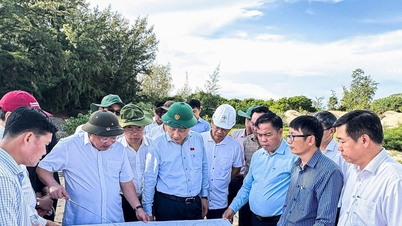

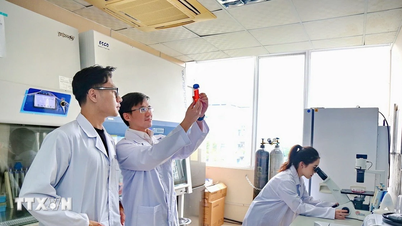



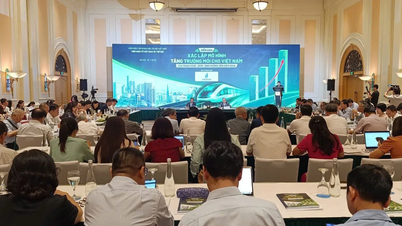




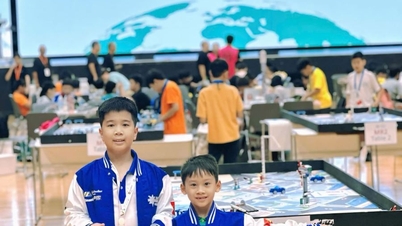


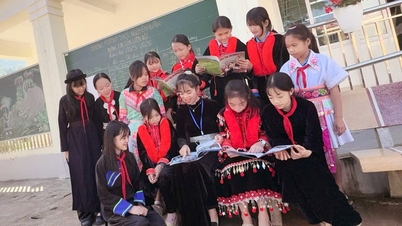










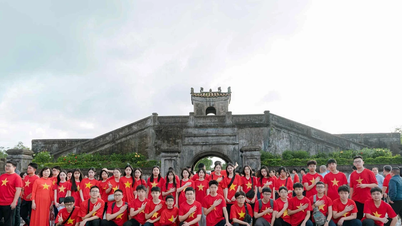
![[Photo] General Secretary To Lam and National Assembly Chairman Tran Thanh Man attend the 80th Anniversary of the Traditional Day of the Vietnamese Inspection Sector](https://vphoto.vietnam.vn/thumb/1200x675/vietnam/resource/IMAGE/2025/11/17/1763356362984_a2-bnd-7940-3561-jpg.webp)









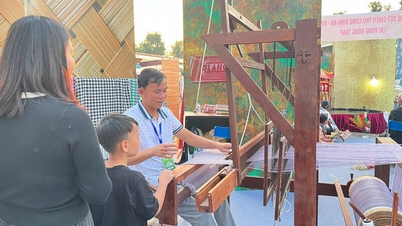

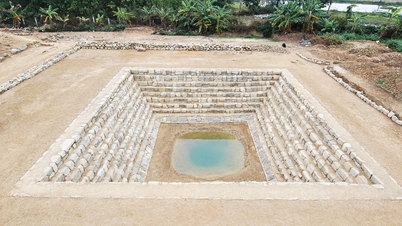





















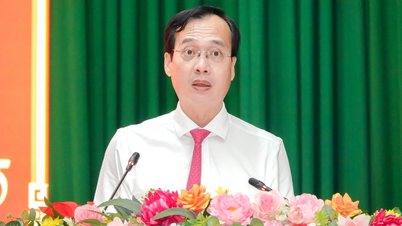






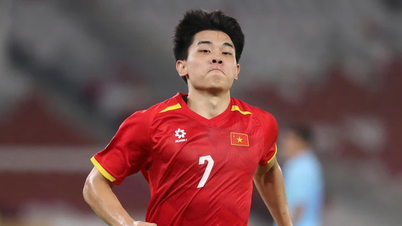
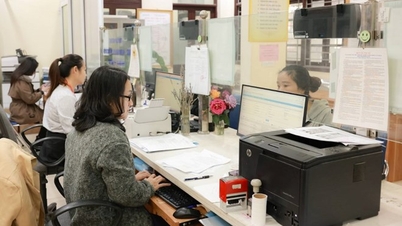








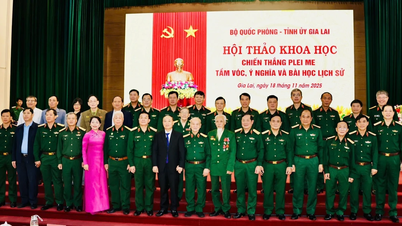





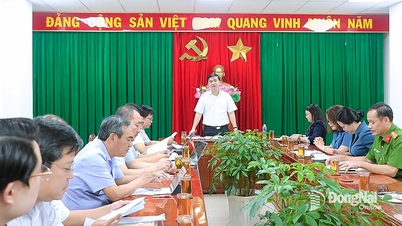











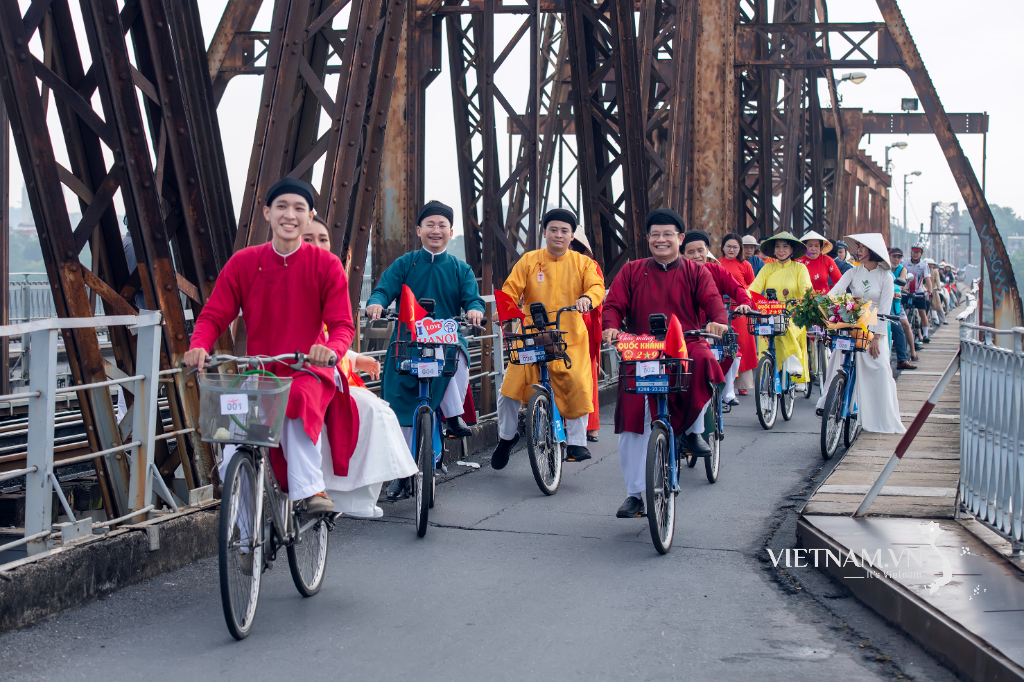

Comment (0)